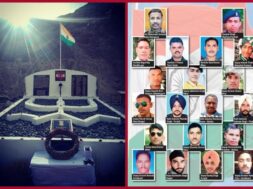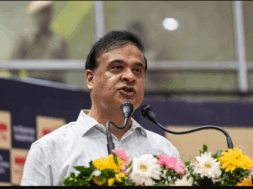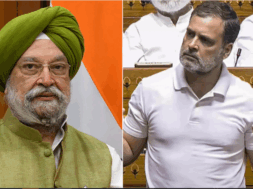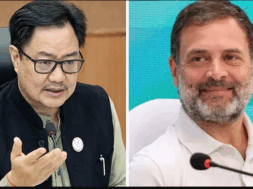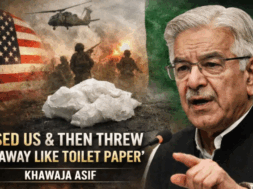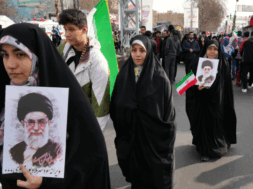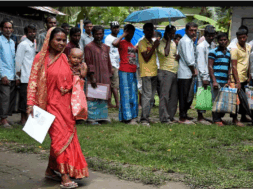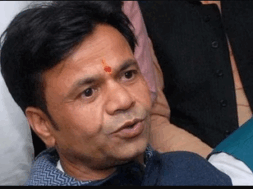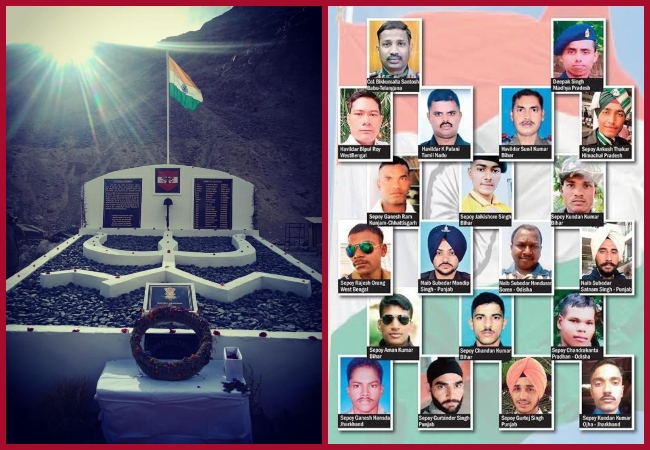
Roving Periscope: Ashamed, China still keeps Galwan losses under wraps
Virendra Pandit
New Delhi: This is the difference between a democracy and a dictatorship. While a transparent India is solemnly observing the first anniversary of the Indian Army martyrs who sacrificed their lives in the Galwan Valley in East Ladakh, China has let the losses it suffered pass by almost uneventfully.
The reason is simple: Beijing wants the Chinese to forget the conflict as it is ashamed of the huge losses the People’s Liberation Army (PLA) suffered in the conflict along the Line of Actual Control (LAC) on the Sino-Indian borders in the Himalayan range. The conflict began on May 5, 2020, and a standoff continues, despite over a dozen high-level meetings to resolve the issues.
Even after losing face, followed by political rhetoric and empty threats, China continued to dig in along the LAC, occasionally raising temperatures to retain its ‘upper hand’ and a super-power-like bravado.
According to an American intelligence report in 2020, the People’s Liberation Army (PLA) lost 35 soldiers; the Indian sources put the figure at over 200. The Galwan incident was the biggest confrontation between the two Asian armies after their 1967 clashes in Nathu La when India lost around 80 soldiers against the PLA’s toll of 300.
Soon after the Galwan clash, India announced 20 casualties while China kept its toll secret. Beijing did not officially acknowledge its death toll until February 2021 when it admitted, after the people suspected their own government and families of those killed sent discreet messages, that the PLA had lost four soldiers. The Russian official news agency TASS reported on February 10, 2021, that 45 Chinese servicemen were killed in the Galwan Valley clash.
The contrast in the two countries’ responses on the first anniversary of the conflict was visible on social media. In India, #Galwan and #GalwanHeroes retained the top spots among daily trends. In contrast, popular Chinese social media platforms like Weibo only witnessed a few messages that failed to make to the trending topics of the day. Most of the Galwan related posts on Chinese social media were based on content produced and distributed by the state-controlled media.
While the Indian Army won applause from the people, the PLA became a suspect in the eyes of the Chinese masses, particularly after videos surfaced depicting the crying parents of the slain PLA soldiers. For the red-faced PLA, these videos it impossible to keep the casualties under wraps any longer as they admitted the death of four soldiers.
Recently, China’s state-sponsored media carried a few documentaries and newsreels to honor the PLA’s losses in the Galwan Valley clash and used it as a sort of propaganda to whip up nationalist feelings.
Even the annual “Tomb Sweeping Day” on April 4, when the people pay their respects to their ancestors and martyrs by visiting their graves, was a tame affair. Only a few posts on social media appeared which were then shared by many, with photographs.
On the eve of the first anniversary, soldiers from Xinjiang Military visited the Kangxiwa cemetery and the Galwan valley area where the PLA soldiers died last year. The four dead PLA soldiers and their commander (who is alive) were given honorary titles and first-class merits as a mark of respect.
China, which made every effort to downplay its losses in Galwan clashes, is now using its official overseas media arms like Global Times to present a rosy picture that Chinese citizens thronged their social media to remember the dead PLA soldiers. This was part of efforts Beijing made to claim that its people had freedom of expression to talk openly about the Galwan Valley clashes. Interestingly, the Chinese government had rounded up and detained many in 2020 when those who criticized the government for hiding the casualty numbers, and their posts were removed immediately.
Official Chinese media posts either shared the propagandist videos or emotional documentaries that have been made this year to show the PLA in a positive light and the four soldiers as martyrs, in what was seen as a belated attempt to keep popular resentment under control.
These documentaries talk about letters a PLA soldier sent to his parents before leaving for the Galwan Valley clash site. In another, a soldier’s mother was heard as saying that “the country takes good care of us” as she visits her son’s tombstone. In a third, a soldier’s mother asked if her son died fighting the Indians bravely.
